States Take Action to Ensure E-Signatures Are Accepted on Vital Surety Bonds During Covid-19
FOR IMMEDIATE RELEASE
April 30, 2020, WASHINGTON, D.C.— The Surety & Fidelity Association of America (SFAA), its members and strategic partners have urged emergency action by State Governors and other state agencies to require acceptance of the electronic execution and delivery of construction surety bonds and commercial surety bonds. “We have been urging Governors, state agencies, localities, school districts and other public entities to require the acceptance of electronic execution and delivery of legally required construction and commercial bonds,” said SFAA President and CEO Lee Covington. “We commend the states that have already implemented these actions and are hopeful others will follow,” continued Covington.
To date Illinois, Michigan, Minnesota, Tennessee, and Virginia have already taken formal actions specific to electronic execution and delivery in some form, and over 20 states have taken action to allow virtual remote notarizations in some form to address the challenges with remote working and social distancing requirements. Additional states are working directly with their agencies to informally confirm with construction companies and other stakeholders that the agency will accept electronic signatures with virtual remote notarizations (through Zoom or other video conferencing platforms). In addition, a significant group of states are close to acting. Most of the other states are evaluating the request and working hard to address this need. “With thousands of state and local agencies needing to accept e-bonding and the majority of agencies still requiring wet signatures, we are continuing to work hard in every state to bring clarity to this,” added Covington.
SFAA is requesting additional action even where states have adopted a remote notarization law (RON), as most businesses were not set up to meet the requirement prior to the outbreak. “We are seeking an order interpreting the e-sign statutes in a manner that requires state agencies and all other public entities to accept e-signatures and to either waive the notary requirement or allow virtual remote notarization through video conferencing so that sureties can meet their obligation in a safe manner during the COVID-19 pandemic. This will keep thousands of agents and other workers across the country safe and will be even more important as states begin to “re-open” for business,” said Covington.
Surety Bonds are required by the laws of every state to provide important protections for the public. Construction surety bonds provide critical protections to taxpayers by guaranteeing the performance of contractors, in addition to guaranteeing the payment of small business sub-contractors, suppliers, and workers. Commercial Bonds guarantee the obligations of businesses and individuals, such as mortgage broker bonds, contractor license bonds, and guardian bonds, thereby upholding federal, state, and local laws that protect families and consumers from financial harm.
###
The Surety & Fidelity Association of America (SFAA) is a trade association of more than 425 insurance companies that write 98 percent of surety and fidelity bonds in the U.S. SFAA is licensed as a rating or advisory organization in all states and it has been designated by state insurance departments as a statistical agent for the reporting of fidelity and surety experience. www.surety.org
Contact: Peter Roth
Phone: (703) 401-0676 E-mail: proth@surety.org






